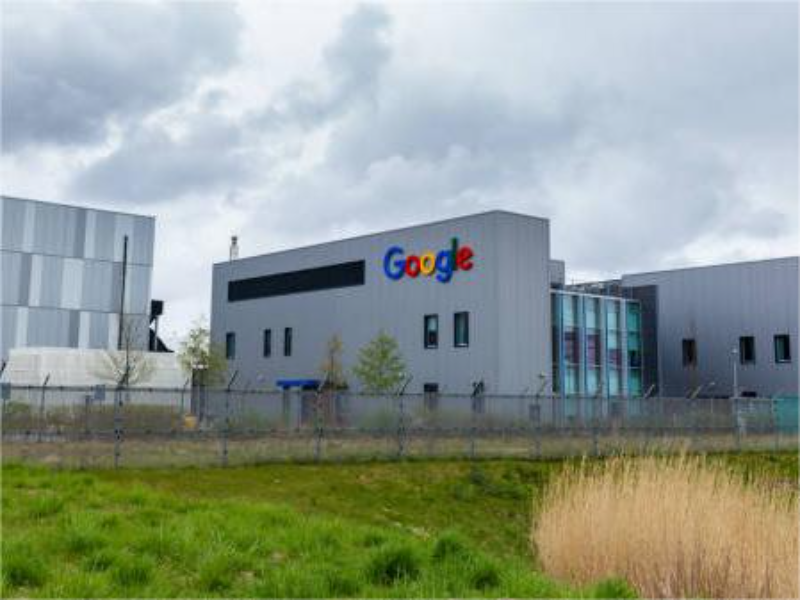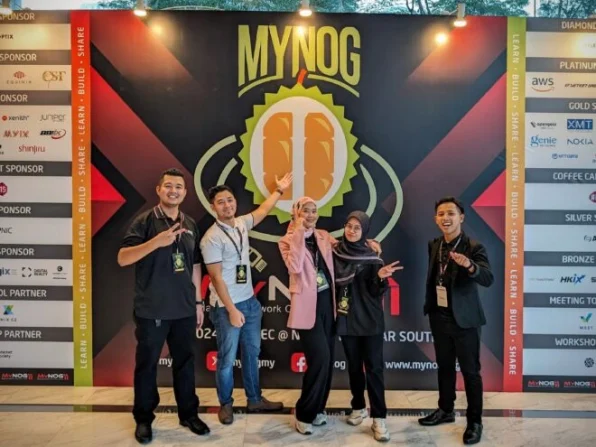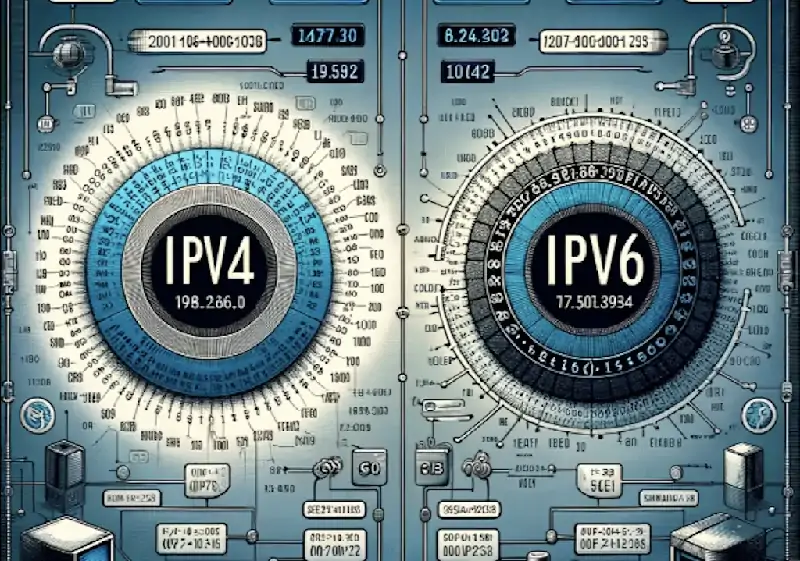- Google Cloud has joined AWS and Azure in announcing its first custom Arm processor, called Axion.
- But for now, Google declined to provide any other information about the chip, no launch date, no pricing, no additional technical numbers.
- Because Axion is built on an open foundation, Google Cloud customers will be able to bring their existing Arm workloads to Google Cloud without any modifications.
Processor without any specific information
Google Cloud on Tuesday joined AWS and Azure in announcing its first custom Arm processor, called Axion. Based on the ARM-based Neoverse 2 design, Google says its Axion instance performs 30 percent better than other ARM-based instances from competitors such as AWS and Microsoft, 50% better than similar x86-based instances, and 60% more energy efficient.
Google did not provide any documentation to back up these claims and, politely, declined to provide any other information. No launch date, no pricing, no additional technical data. Those “baseline” results? The company didn’t even say which X86 instance it was comparing Axion to.
“Technical documentation, including benchmarking and architectural details, will be available later this year,” said Amanda Lam, a Google spokeswoman.
Also read: Google releases Gemini in Android Studio to help with development
Chip may not be ready yet
After all, it took Google a while to announce Arm chips in the cloud, especially considering that Google has long been building its in-house TPU AI chips and recently customized ARM-based mobile chips for its Pixel phones. AWS introduced the Graviton chip back in 2018.
To be fair, though, Microsoft only announced its Cobalt Arm chips late last year, and those chips aren’t yet available to customers. However, Microsoft Azure has provided instances of Ampere based Arm servers since 2022.
In a press conference ahead of Tuesday’s announcement, Google emphasized that because Axion is built on an open foundation, Google Cloud customers will be able to bring their existing Arm workloads to Google Cloud without any modifications. This is really not surprising. Anything else would be a very dumb move for Google Cloud.
“We recently contributed to the SystemReady virtual environment, ARM’s hardware and firmware interoperability standard that ensures universal operating systems and software packages can run seamlessly in ARM-based systems,” explained Mark Lohmeyer, vice president of Computing and AI/ML Infrastructure at Google Cloud. “With this partnership, we are accessing a broad ecosystem of cloud customers who have deployed ARM-based workloads in hundreds of ISVs and open source projects.”









